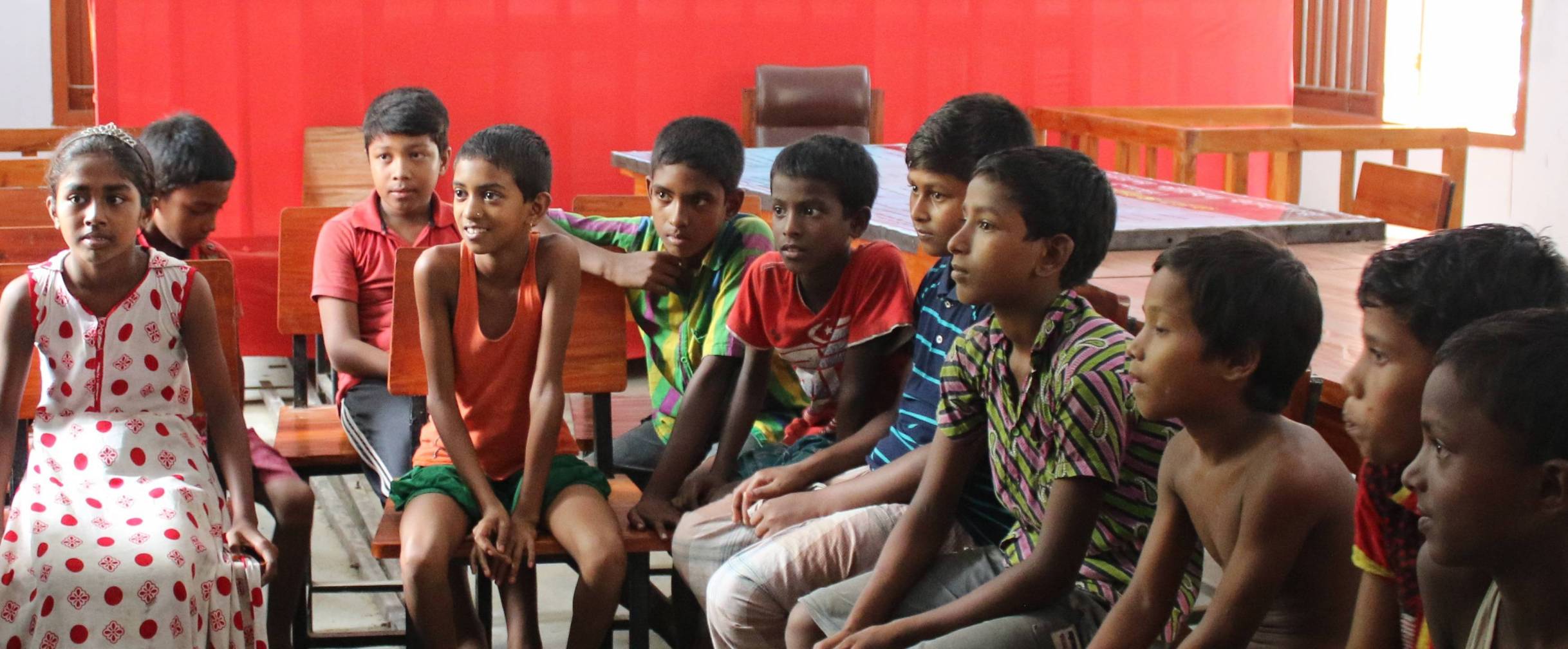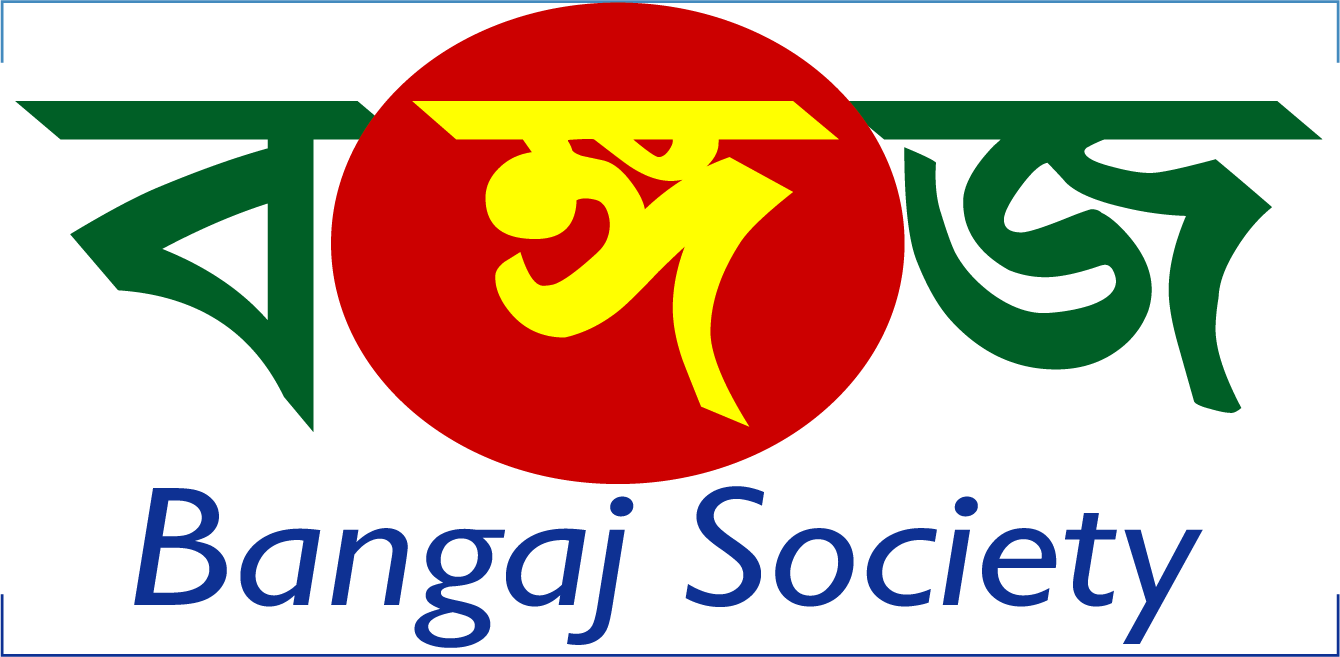
Programme Area of Bangaj
- Equitable Development of Children and Youth
- Health, Hygiene and Medical Care
- Rights of Ethnic Minorities and other marginalized groups
- Community based Inclusive Development of Persons with Disabilities
- Property Rights and Land Management
- Food Security and Agriculture Development
- Inclusive Disaster Risk Management and Resilience of Urban Poor
- Tackling Climate Change
- Gender Equity and Violence Against Women
- Community Financing and Co-Operative and social business development for Livelihoods
Crosscutting and additional priority area and issues:
- Transparency and accountability of local government
- Human Rights including citizen rights, labor rights, consumer rights etc.
- Road safety and transportation
- Quality improvement, study and documentation
Key Strategies of Bangaj
- Institution development and capacity building of targeted population groups.
- Networking and partnership with community based committed local NGOs, CBOs and DPOs and their capacity building.
- Increase involvement of local and central government in social development process as a key stakeholder for sustainable development.
- Engaging private sector for community development.
- Use of traditional knowledge and skills for development management
- Establishing Gender equity in all types of government and private services
- Ensure community participation and use of local resources for sustainable development.
- Targeting under privileged group and climate vulnerable area in Bangladesh.
- Advocacy and lobby for establishing rights of the different unprivileged population groups.
- Increasing access to public resources and mainstream services of targeted population
- Focusing children and women for programme implementation and policy development in equitable manner.
- Promotion of Bengali culture in development arena including promotion of indigenous sports for children and youth development
- Promoting production of traditional food item including fruits, fish, animals, milk products etc.
- Promotion of indigenous medical treatment and education
Conservation of Ecological biodiversity.
